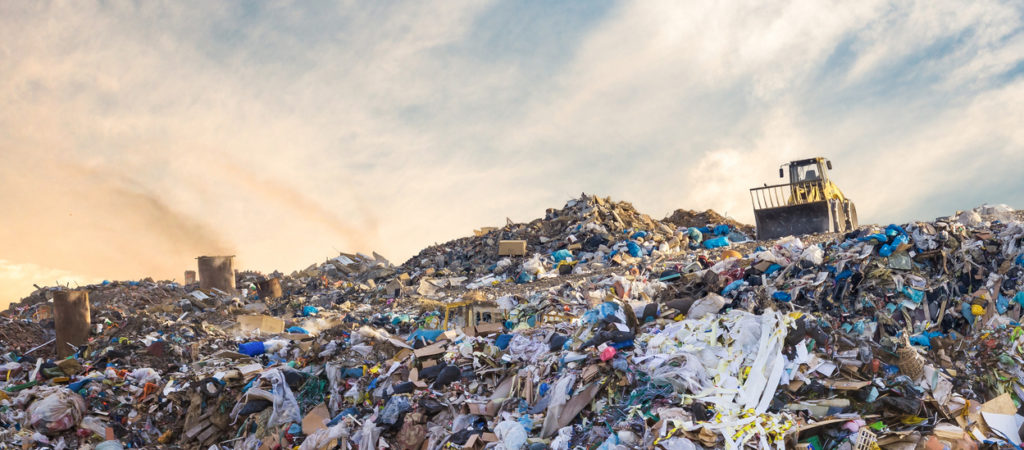WASTE FEW ULL – Mapping and Reducing Waste in the Food-Energy-Water Nexus)

Resource waste is one of the most pressing challenges facing city regions today, and is especially acute at the interface of urban food, energy and waster systems. WASTE FEW ULL (Waste Food-Energy-Water Urban Living Labs – Mapping and Reducing Waste in the Food-Energy-Water Nexus) seeks to identify how systematic inefficiencies can be reduced through innovative cross-sector approaches.
Through the creation of four industry/civil-society led Urban Living Labs in Brazil (Campinas). Netherlands (Rotterdam), South Africa (Western Cape) and the UK (Bristol), the research team will support the design of locally led solutions to resource wastages through public consultation, knowledge sharing and engagement of different stakeholders. The focus will include assessing how the environmental benefits of particular strategies, such as the extraction of phosphorus from waste water, can also achieve economic gains to ensure their long-term sustainability.
Susanne Charlesworth (Principal Investigator, Professor in Urban Physical Geography)
Daniel Black (Visiting Research Fellow and Director, Daniel Black + Associates)
Alistair Hunt (Lecturer)
Richard Nunes (Lecturer)
Marco Van De Wiel (Reader in Fluvial Processes)
Francis Rayns
Ulrich Schmutz (Senior Research Fellow)
Jana Fried (Research Fellow in Resilience)
Coventry University
Centre for Sustainable Energy
State University of Campinas (UNICAMP)
Daniel Black + Associates
DRIFT
East Rand Water Care Company (ERWAT)
Wessex Water Services Ltd
Stellenbosch University
University of California, Santa Cruz
Schumacher Institute
Center for International Climate and Environmental Research (CICERO)
Isidima Design & Development (Pty) Ltd.
University of Cape Town
GENeco
BlueCity
Bristol Food Network C.I.C
• Creation of collaborative Urban Living Labs in case studies cities in Brazil (Campinas). Netherlands (Rotterdam), South Africa (Western Cape) and the UK (Bristol).
• Development of multi—stakeholder collaborations to support design of locally led solutions.
• Identification of a range of innovative strategies to reduce waste that combine environmental benefits with economic gains.